|
Welcome to another year! This year saw my interests in cinema waver a bit, as I intentionally dedicated more of my time to other intellectual, physical, and spiritual pursuits. That said, I still kept up with my long-time bestie, cinema, more than most rational people. This year's list is abbreviated and will only list my Top 15 films, as I've made a real conscience effort to be more concise in my selects. As a reminder, I despise the contemporary state of discourse which sees us have to rank art. The order of these films is relatively inconsequential, adhering more to personal preference than anything else, so just understand that they are all strong examples of filmmaking I truly appreciated in 2018. Top 15 of 2018Le fort des fous - Narimane Mari A film that has stood with me more than any this year, a stunning artistic achievement that is ambitious, dense, and structurally bold, Narimane Mari's Les Forts Des Fous is a documentary that defiantly refuses to adhere to traditional formalism, blending reenactment, narrative, and interview footage into a powerful meditation on humanity and civilization. Through the lens of French colonialism, and the lasting impact its oppressive effects have had on the region, Les Forts Des Fous is a mature reflection on power, authority, and liberty, a film which questions the current state of modern society and the intrinsic flaws of mankind. Managing to be surreal, impressionistic, and grounded all at once, Les Forts Des Fous is an evocation on colonialism, showcasing how oppression is often achieved under the deceitful veil of progress. It's a film that recognizes that much of the conflict, violence, and oppression plaguing mankind comes from our own intrinsic fear of that which is different, with the film beautifully juxtaposing the crimes of colonialism against the larger sociological flaws of mankind itself. The oppressive nature of authority and control, how these various power structures elicit conflict in society due to the privileges which they grant is exhibited through the perpetual nature of political violence and conflict, and Narimane Mari's ambiguous feature encapsulates this in a bold formalism, one that is both transcendent and meditative about the contorted relationship between the human condition and political power. Leave No Trace - Debra Granik Transcendental in its ability to subvert traditional melodrama and narrative conventions related to the paternal father/daughter narrative archetype, Leave No Trace is a revelation in its ability to tackle a host of complex issues related to family, community, individualism, and authority, doing so with a laser-tight focus full of astute observations. Emotionally resonant and incredibly astute, Leave no Trace is a complex examination of the oppressive nature of authority, something which restricts the autonomy of an individual, whether through the artifice of religion, the state, or the parental figure. While so many "smart" films these days conflate community and socialization with state authority, Leave No Trace maturely deconstructs the complexities of modern society, never taking the easy way out when it comes to philosophical assertions, recognizing that anything compulsory is oppressive. Epistemic in approach, Leave No Trace is simply put, one of the best films of the year and probably the decade-- a crowning achievement that should be seen and discussed for years. Zama - Lucrecia Martel Evoking the viewer's inquisitive nature throughout its 120 minute running time, Lucrecia Martel's Zama is a beguiling, multi-layered character study of Don Diego de Zama, a Spanish officer, who awaits his transfer to Buenos Aires from recently settled Asunción. Offering no simplistic or didactic assertions, Zama welcomes the observant eye, displaying the story of a man whose virtuous pursuits and sense of worth are slowly degraded and deflowered by the harsh realities of authoritarian order, a slowly tightening vice that contains and restricts his own free will and personal freedom. An intentionally tedious journey through the monotonous life of a magistrate, Zama follows this proud officer of the crown as he is slowly beaten down by the sense of stagnation, forcefully held in a state of submission by the monarch and power structures which it empowers. He is a character who only wishes to be transferred back to his home, yet with each passing Governor comes new orders and various decrees, each of which holds this character hostage, slowly and emphatically breaking the spirit of this man whose once virtuous nature and blind service to the crown has been left shattered, broken under the tight grip of authoritarianism. Set against the backdrop of colonization and European imperialism , Zama is a powerful and nuanced portrait of the tension which exists between human freedom and the constrictions often placed on this by authority, juxtaposing Zama's plight with that of the indigenous people, while raising profound questions about what it means to be free. The opening scene of the film, one in which Zama stands proudly and confidently on the shores of this newly discovered land, offers a glimpse of Zama's internal pride in his service to the crown. In this sequence Zama's body language exudes a sense of purpose, with his treatment of the indigenous people being pejorative in nature, viewing them as savages who must be properly educated. While this scene sets the stage, Martel's film quickly subverts one's typical expectations with such a subject matter, as the viewer soon realizes how fleeting this magistrate's sense of virtue will become. Zama's career-minded pursuits are merely for the profit of others and his bureaucratically role slowly begins to break down his inner sense of self and individuality, detracting him, even imprisoning him from his own personal ambitions related to fatherhood and family. The virtuous sense of "service" is emphatically shattered by the end of Martel's Zama, with the magistrate himself imprisoned by his service to those who wield authority, unable to even live freely. Zama reveals not only the vapid nature of materialist pursuits, with the magistrate's purpose being merely to serve the material desires of the crown, but the restrictive, oppressive nature which authority often has on personal freedom, as Don Diego de Zama begins to discover where he finds his true virtue, not in materialist pursuits or service to others but in his love and empathy he has for his family. Lucrecia Martel's Zama is a challenging film that is intricate and complex in its deconstruction of the confliction which exists between individual freedom and public service, recognizing the intrinsic constraints which any type of power structure or authority places on the individual's sense of free will. Western - Valeska Grisebach An astute film about the perils of cultural hegemony and nationalistic pride, Valeska Grisebach's Western is at its core a plea for mutual respect and humanism, a film which demonstrates how our culture, while important, doesn't define us as individuals, recognizing that these differences often are rather insignificant when juxtaposed against the intrinsically-shared nature of the human condition. Featuring one of the best characterizations of the year, the main protagonist of this story, a former legionnaire, is a character searching for something, a man whose past, while never fully revealed, is shrouded in darkness and pain. He is a vessel whose actions demonstrate the assured nature of the film's themes, a character who finds himself stuck in-between the Bulgarian locals and his German co-workers. A fascinating characterization, this is a character who is perhaps not even self-aware of his profound humanism, compared to those around him, a man whose internal conflict and guarded pursuit of emotional substance blind him to the same nationalistic or collectivist pitfalls- prejudice, fear, or even hate. Recognizing how fear often is one the main drivers of conflict, the insecurities and immaturity of humankind are at center display in Western, a film which pleas for peace and tranquility among various cultures. The House That Jack Built - Lars Von Trier Certainly not for the faint-of-heart, The House That Jack Built is a reflection on the spatial insignificance which can exist between love and hate, creativity and destruction, and good and evil when it comes to organic life. Lars Von Trier's latest is a singular vision of a serial killer, one which features a grand host of intricate assertions about art and the existential nature of humanity itself. A work that is complex, thought-provoking, blunt, yet spiritual, The House That Jack built's epoch is not temporal but existential, a film which is bound to stir up discourse, offering a host of possible interpretations. Vexatious in nature, Trier gives this misogynistic, violent psychopath a meaty disposition, one that challenges the sheer definition of altruism, moralism, and art itself, reflecting on societies' penchant for discourse, description, and examination instead of simple being is challenged with though-provoking rigor through this heinous man. The film's reflection on contemporary American society is its least interesting aspect, as its nothing we haven't seen before, but what Lars Von Trier has created with The House That Jack Built is a film which should be discussed, whether it be through disdain or praise, for years to come; isn't that what Art is all about? Bisbee '17 - Robert Greene As close to truth as any documentary can hope to be, Robert Greene continues to be one of the few contemporary documentary filmmakers who understands the true nature of documentary filmmaking, one that aims for objectivity while simultaneously acknowledging subjectivity will always exist with any artistic endeavor. Expertly crafted, ingenious, and thematically dense, Bisbee'17 is an hallucinatory experience, a film thats one-of-a-kind formalism blends various elements of documentary into a cohesive, poignant whole. Detailing tragic events from 100 years ago, in which the small mining town of Bisbee was torn apart by a forced deportation, Bisbee captures how such an event continues to linger even a century later, having an effect on the various individuals of the community as well as the collective consciousness. The present informs the past, in what almost feels like a therapeutic experience for the entire town, one in which performance, reality, and recreation lines blur, as these non-actors reenact the deportation, becoming their characters on a psychological level to some degree, as they themselves struggle with the inhumane act of forced deportation. The respect and genuine curiosity which Greene provides to individuals which he clearly disagrees with philosophically should be noticed and practiced by more documentary filmmakers, it is sadly not-to-common. As someone who would identify more as an individualist anarchist or mutualist in today's political discourse, one of the more understated aspects of Bisbee'17 is how it depicts a community of people torn apart by two warring ideologies, and the individuals stuck in between. Happy as Lazzaro - Alice Rohrwacher Her best film to-date, Alice Rohrwacher's Happy As Lazzaro is a beautiful blend of social realism and religioius mysticism that delivers a punch, reflecting on the hostile, combatitive nature of contemporary society in which exploitation is intrinsic. Doesnt exactly adhere to any traditional type of formalism, being both a film brooding in realism, but also mysticism, a reflection on contemporary society which uses religious theology to express the loss or empathy and kindness in day-to-day life, told through its restrained yet angry tone. Good Manners - Marco Dutra & Juliana Rojas The best "genre" film I saw this year, Marco Dutra & Juliana Rojas' Good Manners features a clever artifice, using the story construction of a werewolf movie to tell a sprawling and uncompromising story of femininity and more specifically the maternal nature of love. Embracing its macabre sensibilities yet rooted in a dramatic tone, Good Manner's is a story about individualism, intrinsic differences in nature, and the need for acceptance in some capacity, but the back half the film uses these aforementioned themes, manifested in first half, to connect them to its central protagonist - a woman who loves her abnormal "adopted" child unconditionally, willing to protect it at all costs. And yes, i hate the "genre" film descriptor, hence the quotations. The First Lap - Dae-hwan Kim Certainly the most overlooked film of any on my list, Dae-hwan Kim's The First Lap is an astute, observational study of the transitional time period between young adulthood and middle-age, as it willfully subverts the traditional South Korean family drama in a host of ways, revealing a startling honest portrait of adulthood that bristles with honesty, humor, and emotional resonance. The story of young lovers whom have reached a crossroads, stuck in young adult malaise in which domesticated life feels pedestrian and/or restrictive, yet the directionless nature of youthful exuberance offers no better reprieve, Dae-hwan Kim's The First Lap reveals two characters desperately attempting to understand themselves and what they want out of life. They are each confronted with the need to understand themselves and what they want, due to their prolonged relationship and the possibility of children; do they wish to focus on personal interests, companionship, or domesticated family life the most, they don't seem to know. Through the interactions this couple has with both sets of their parents, The First Lap exhibits the true nature of life itself, revealing that there is no right way or correct way to live, deconstructing how we are all individuals simply trying to do what we believe is best for ourselves and the one's we love. Paternal and maternal instincts are heavily explored in The First Lap, as the film raises a host of fascinating assertions related to what effective parenting is and what it means, recognizing that it is about sculpting the young, inquisitive mind but doing so in a way that lets them create their own identity and image, one in which they can forge their own path. The dramatic beats of the film are heavily related to the maternal pressures felt by Ji-young, whose mother is let down by her slow track in life. This struggle is beautifully juxtaposed with Su-hyeon's own problems, being the son of a blue-collar family, one in which his parents live nothing more than a loveless relationship, a fact which seemingly makes the young man ashamed of his family, at least when compared to Ji-young's successful, happily married parents. Exploring the dichotomy between the two parents, one loveless marriage, one happily in love, The First Lap subtly elevates the stakes of the young couples stagnation, showcasing the complex nature of a decision such as marriage and childbirth, decisions which will undoubtedly effect them for the rest of their life. Exploring how our individualistic nature is sculpted and molded intentionally and unintentionally by our environment and parental upbringing, The First Lap manages to be a family drama with larger ambitions, touching on existential level assertions about the human condition. The final scene of The First Lap is a simple yet profound sequence that playfully showcases the film's overarching message- The young couple out at night in Seoul, at some form of outdoor festival, finds themselves going against the crowd. They repeatedly adjust, thinking that the way the crowd is going must be correct, yet after each adjustment their perspective reverses, leaving them to constantly think they are going against the crowd. No matter how times they change direction, it seems the crowd does too; it's a silly, charming scene that establishes the two characters commitment to each other, but even more importantly it is a simple yet startling allegory about life itself, one in which the "right way" doesn't exist, reminding us that we all must find our own path. Gavagai - Rob Tregenza An impressive meditation on loss which illustrates pathos with a cinematic style rooted in efficiency rarely seen in contemporary cinema, Rob Tregenza's Gavagai features a genuine study of the human condition that is elegant, graceful, and emotionally resonant. In what could be regarded as a "simple drama" Gavagai is a marvel of craft and formalism, seamlessly transitioning between objective reality and subjective perception as it details the internal struggle facing its main protagonist, blending surrealistic and supernatural flourishes into a grounded narrative that beautifully expresses the intrinsic nature of memories, impressively capturing this truth in cinematic form. A quiet, elegant tour-de-force drama, Gavagai's slow-burn meditation on loss never succumbs to sentimentality or didactic designs, being an overlooked marvel of a film which captures grief, loss and emotional recovery in a genuine way most films only dream of. Winter Brothers (2017) - Hlynur Palmason Outré, idiosyncratic, and quietly compelling from beginning to end, Winters Brothers features a singular approach, one which blends stoic realism with surrealism, delivering a quietly effective deconstruction of environmental and spiritual desolation. A film which is bound to frustrate most viewers, The Winter Brothers' intentions are masked from start-to-finish, with its most concise and clear aspect being its deconstruction of mental and physical desolation, revealing the toxic effect such isolation can have on the psyche of good-natured men. The Cakemaker - Ofir Raul Graizer The Cakemaker is just exquisite filmmaking, an incredibly mature film about love that is subversive with grandoise intent. A quiet commentary on the oppressive nature of social norms, The Cakemaker is a smart, mature look at what love means, how it isn't particularly definable but is rooted in connection, companionship, and sacrifice. A film which the less you know going in the better, The Cakemaker begins as a pensive study of loneliness and grief, detailing how the need for some form of personal connection is intrinsic to the human experience, yet it evolves beautifully, challenging many of the social norms about what love means with its singular design. El Mar La Mar (2018) - J.P. Sniadecki & Joshua Bonnetta Adhering to no stringent formalism, J.P. Sniadecki & Joshua Bonnetta's El Mar La Mar is an immersive, sensory experience that offers up a rhythmic portrait of the United States-Mexico desert border, one that often transforms into an impressionistic nightmare as the two filmmakers deconstruct the sorrow which haunts this desolate, dangerous strip of land. Deeply humanistic and balanced in approach, El Mar La Mar maintains a steady unwillingness to enter into the tribalistic nature of political discourse, never falling into the same in-group/out-group trappings which plague so many films, only interested in crafting its harrowing portrait in which a mystical atmosphere and observational eye create a stunning meditation of the painful memories which plague this land. All perspectives are accounted for on both sides of the border, but not in a political sense but a humanistic one; as many of these characters offer up personal stories about their experiences. The two nation states -United States of America & Mexico - aren't even mentioned by name, they are just landscapes, natural, earthly structures, and in doing so El Mar La Mar effectively strips them of their power in an attempt to force the viewer to leave their preconceived notions behind. El Mar La Mar shows little interest in why, and in doing so it transcends most documentary films and becomes a transcendent, almost spiritual experience, one in which the viewer is forced to focus on the individuals effected by this seemingly insignificant strip of land which has been given paramount meaning due to the political power structures between it. Through its impressionistic craft and objective naturalist approach, El Mar La Mar becomes a mystical experience, one in which the memories of those lost, and those effected shine through in vivid, harrowing detail - it's an experience I won't soon forget. A transfixing sensory experience that resonates emotionally long after the credits roll, J.P. Sniadecki & Joshua Bonnetta's El Mar La Mar is a transcendent piece of art which should be experienced by everyone. Mrs. Hyde - Serge Bozon One of the most thematically complex films of the year, Mrs. Hyde is philosophically rich, it's a film of many layers, which could be interpreted in a host of interesting ways, with my favorite aspect being how it examines the ideal of predestination and the Nature vs. Nature construct, exhibiting how societal structures, which stem from authority, tend to restrict the individual from truly evolving and learning. The migrant crisis is examined but this is only a strata of the film's larger assertions related to society in which compartmentalization of individuals is asserted out of presumed necessity. A film which explores the distinction between an exemplary reader & the immanent reader, challenging the formal educational structures which through discourse side emphatically with exemplary distinction (gross) will always be highly appreciated by me!!! Deploying a subtle, whimsical nature and dry humor which enable the film's more serious placations to breath, Mrs. Hyde is a fascinating examination of the "rules" which societal structures place on individuals, often restricting those who dare to dream big through its regressive, collective formulations. Shoplifters (2018) - Hirokazu Koreeda An engrossing, humanistic, yet subversive examination of family, Koreeda's Shoplifters is a brazen, refreshing take on parental-child dynamics, a film which recognizes that even authority wielded by parents can be destructive and oppressive. Shoplifters asks what constitutes a family, examining a group of individuals whom through the lens of contemporary society are delinquents yet Koreeda shows little judgement, viewing them through a humanistic lens which attempts to understand them first, before judging them. Great, complex cinema Honorable Mentions Burning - Chang-dong Lee Chang-dong Lee’s Burning is as good as advertised, a meticulously crafted work which exudes a sense of alienation and eventually anger, its formalism and thematics perfectly intertwined Dragged Across Concrete - S. Craig Zahler Low-key great, Zahler seems to be improving and becoming more ambitious with each effort, with Dragged Across Concrete being a film that balances its relative nastiness with a subtle look at the general malaise of modern society, one in which every character, whether just or not, is viewed through the lens of an individual desperate to do better for those they love. Every character have a sense of desolation, detachment and general malaise of contemporaneity life, all driven for the promise of something more. This movie fucks, depicting the dog-eat-dog world through a violent, witty crime narrative in which Zahler routinely injects the film with levity If Beale Street Could Talk - Barry Jenkins A sumptuous experience, a beautifully constructed film which pulsates with grace. Never let's its genuine anger disrupt from its heartfelt love story, great balance. The love shared grants them strength in a world which is structurally and systemically against them. The Favourite - Yorgos Lanthimos Subversive, emotionally potent, quite cynical, and hilarious, The Favourite embraces the comedic qualities which Lanthimos' subversive sensibilities evoke. Fun to see this idiosyncratic filmmaker operate in the epoch of 18th century England, The Favourite is a diabolically clever, tragic commentary on the tyranny of authority and corrosive nature of power. Mandy - Panos Cosmatos Essentially a death metal album cover in cinematic form, Mandy is brooding with atmosphere and hypnotic, juxtaposing the 1983 social-conservative backdrop with the unspeakable darkness which descends on its main protagonists, with Nicholas Cage delivering one of his more memorial showings. Draped heavily in Christian symbolism/mysticism, Mandy is a visually intoxicating horror revenge film, one that sees Cosmaos continue to operate on level that exudes style, one that is blunt and evasive, intent on assaulting the viewer with its hypnotic, ingenius designs. Others: 3 Faces, First Reformed, Summer 1993, The Night Comes For Us, Araby
0 Comments
|
AuthorA place for lists and other random ramblings. Archives
December 2020
Categories |
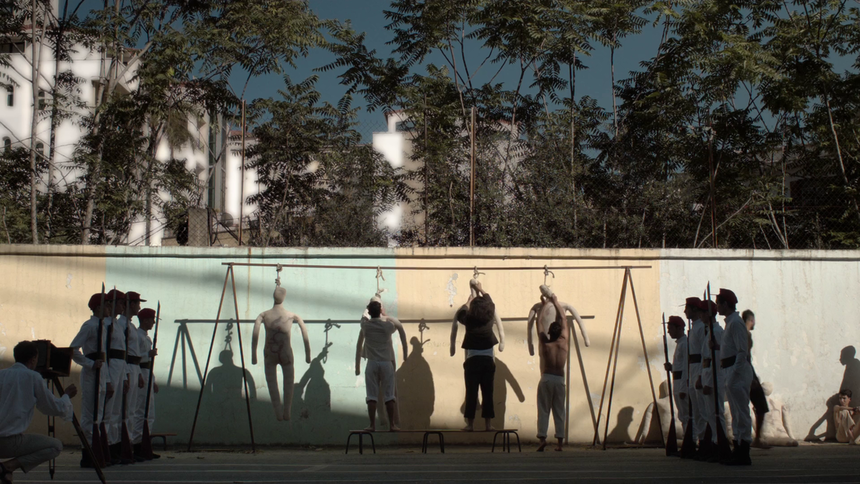
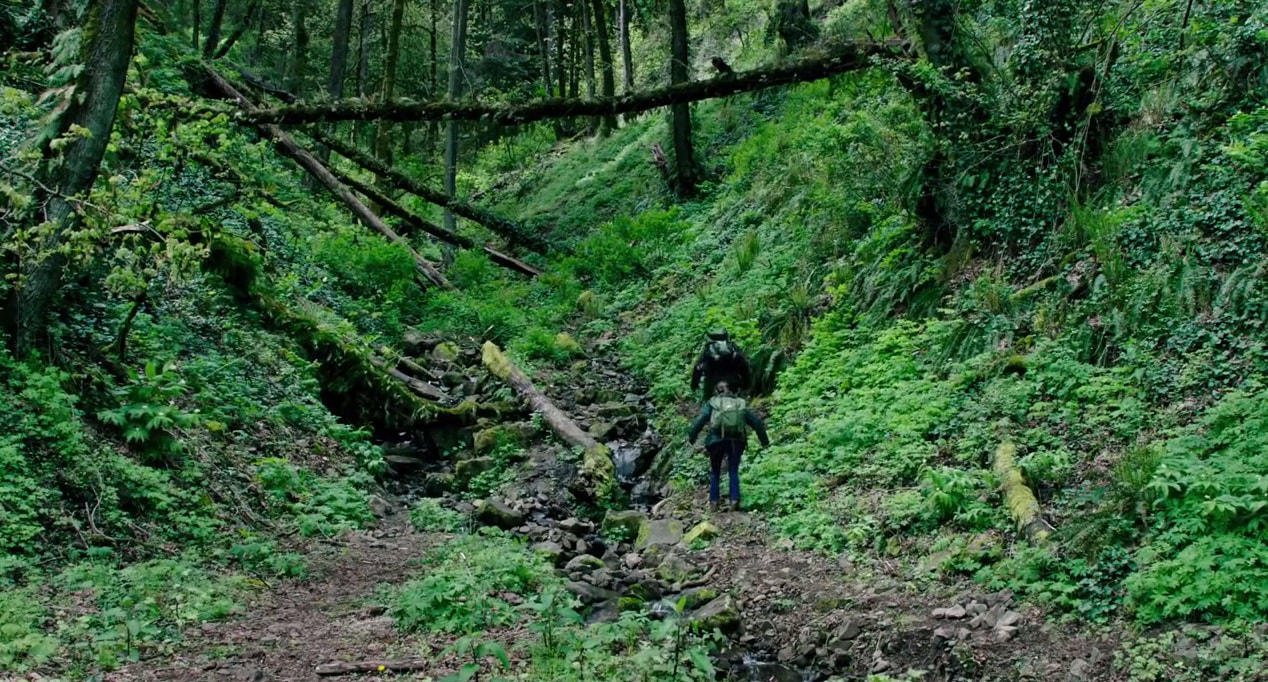
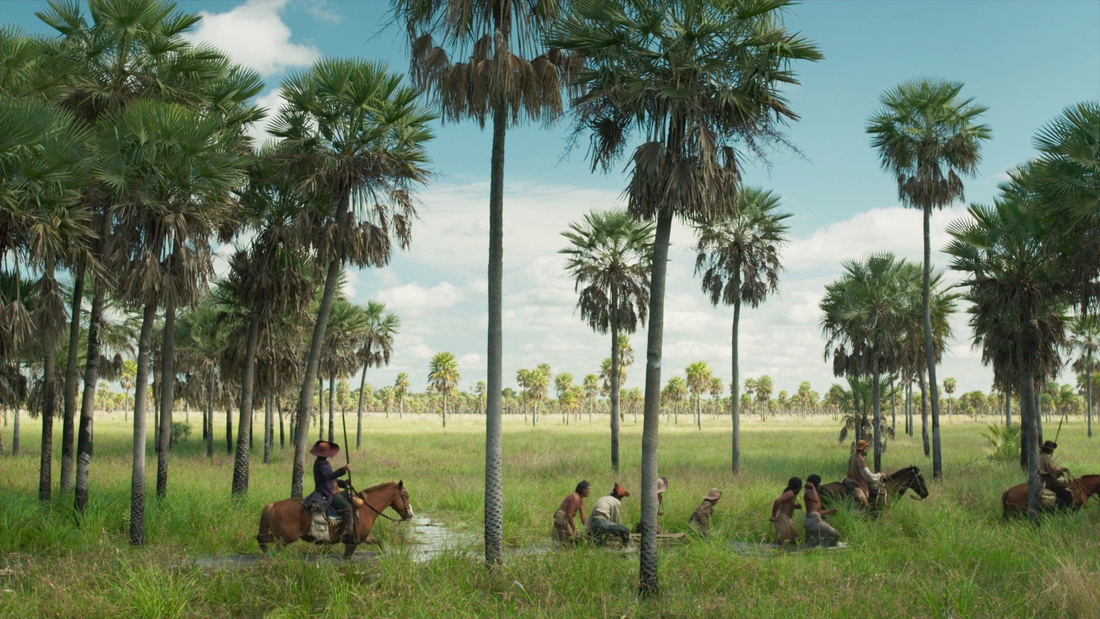

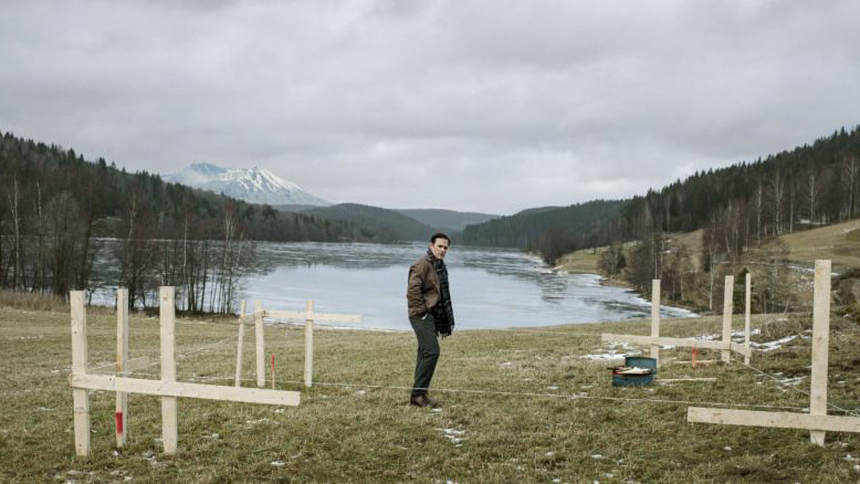
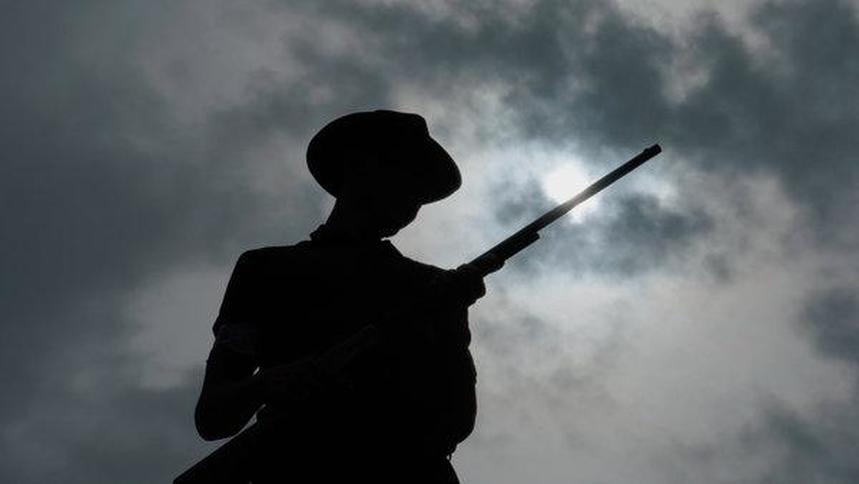
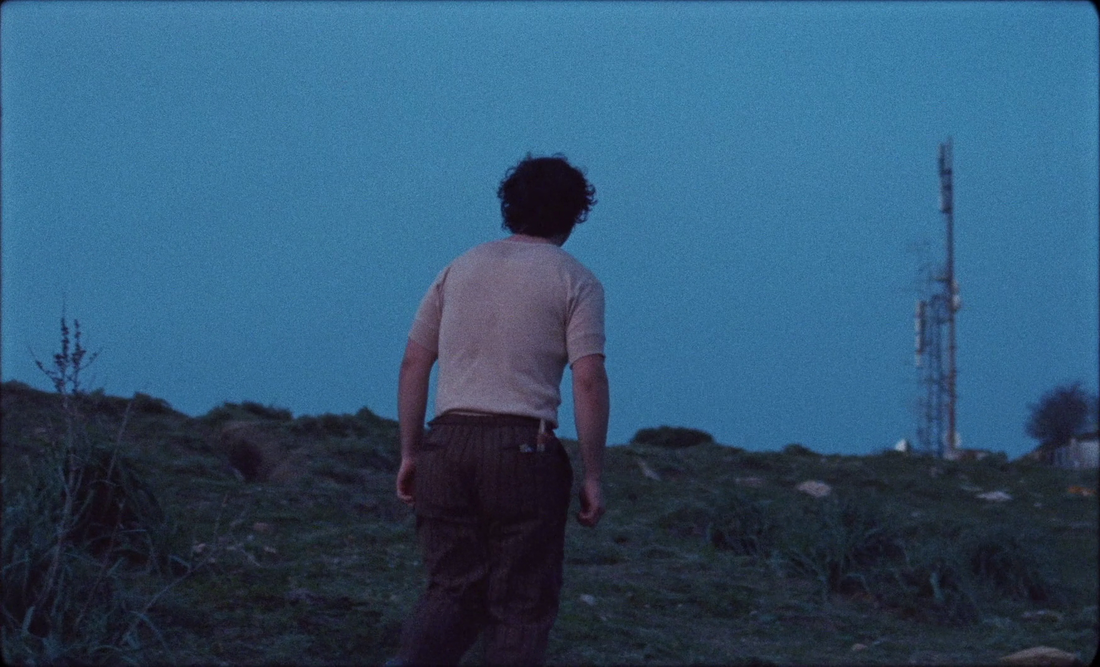
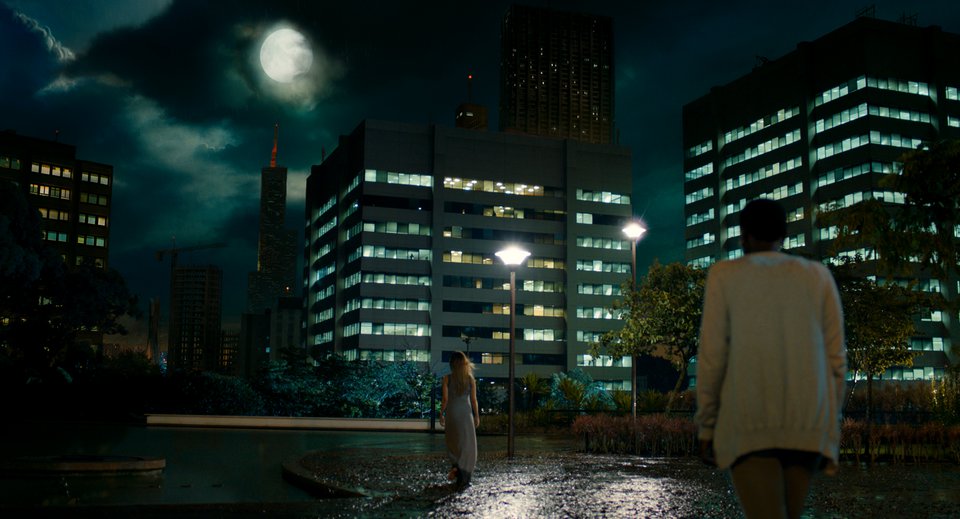
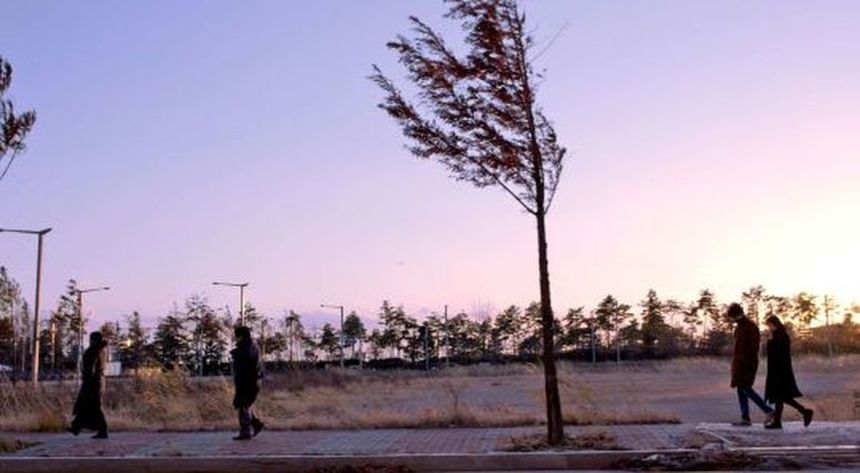
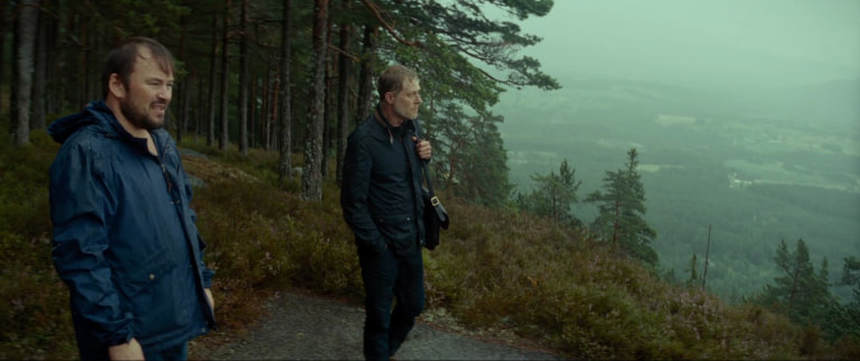
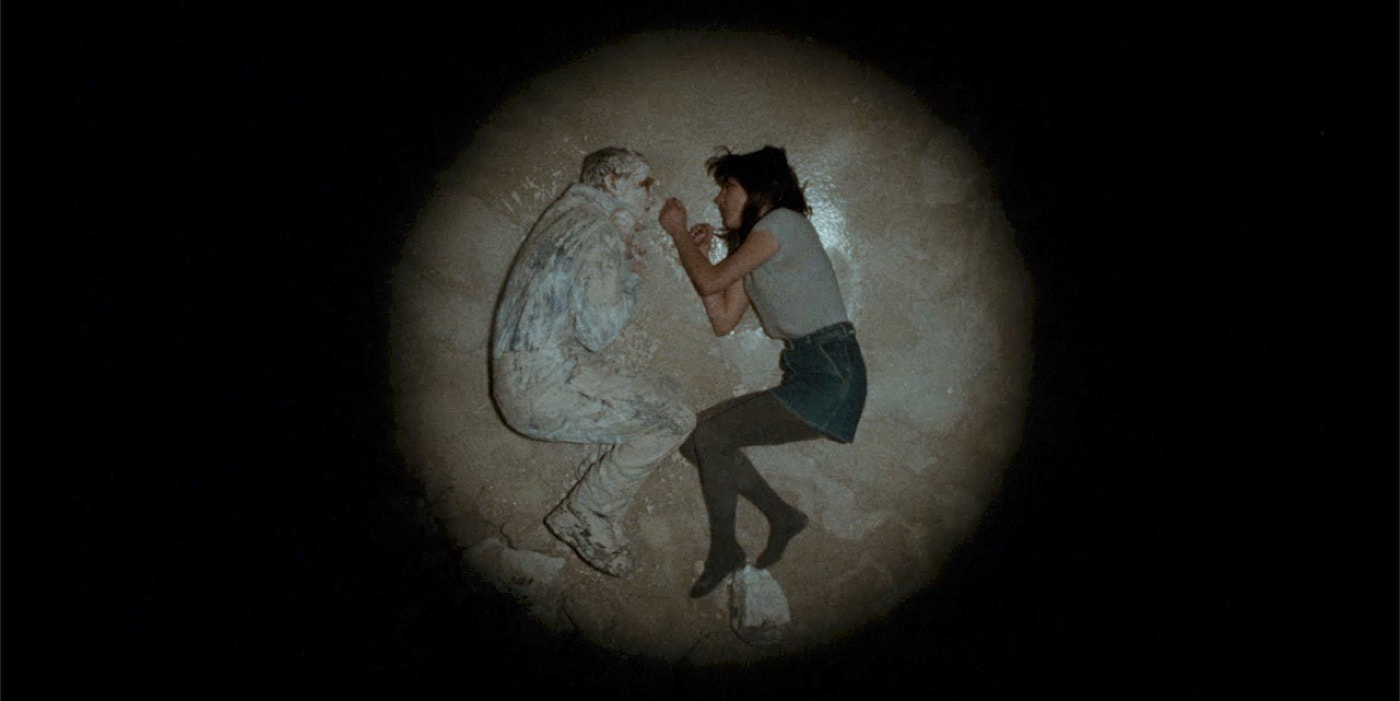
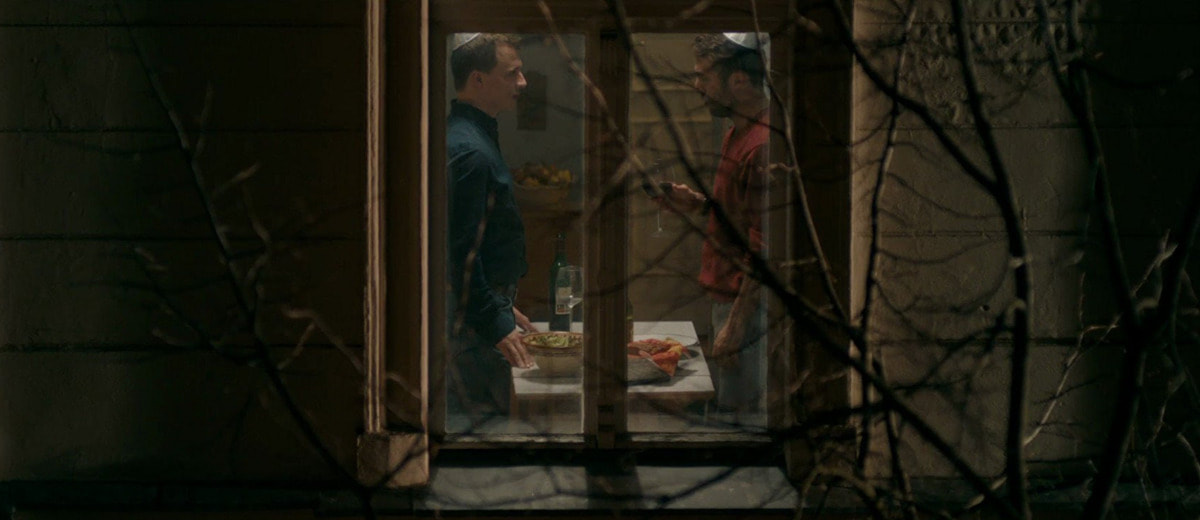
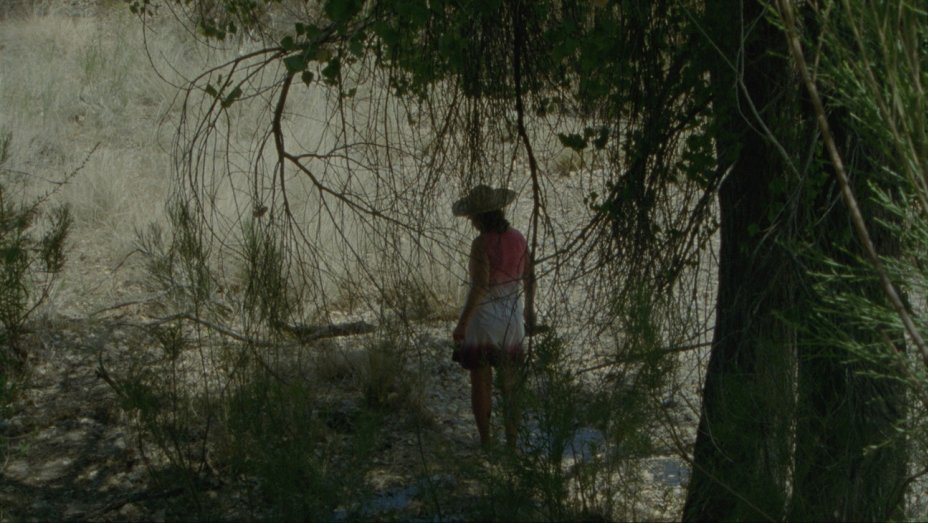
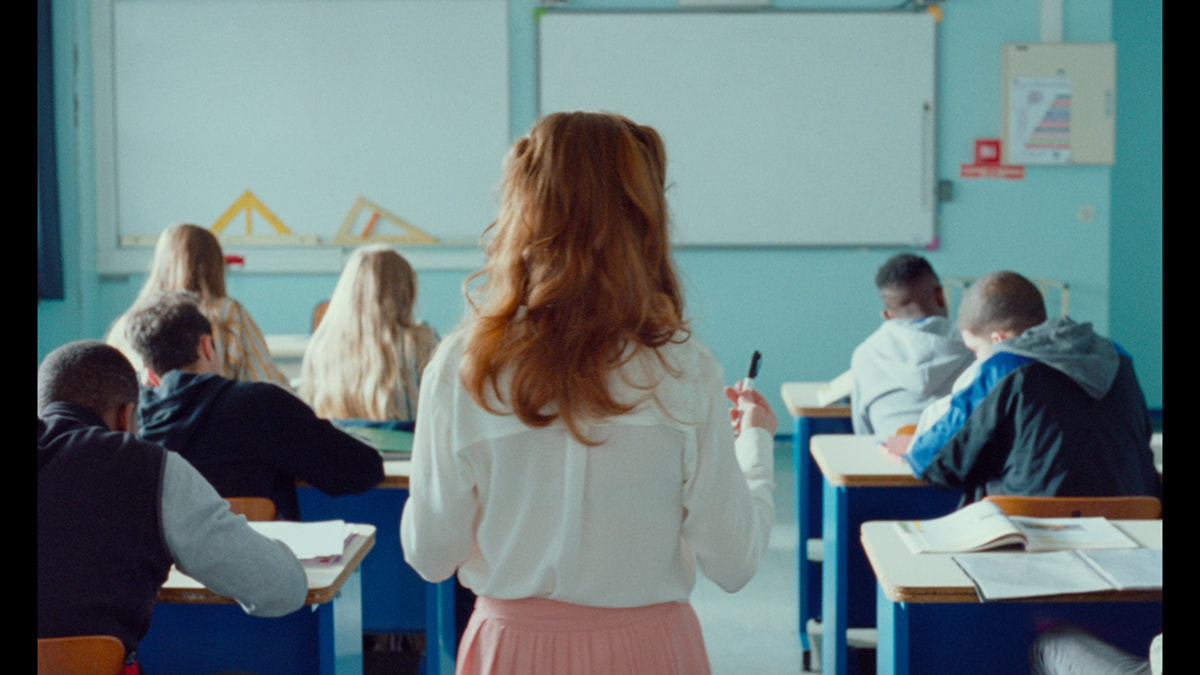
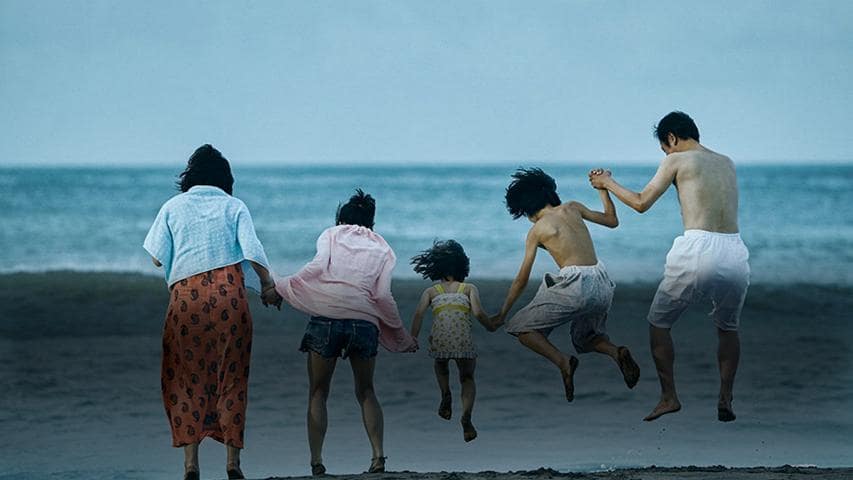
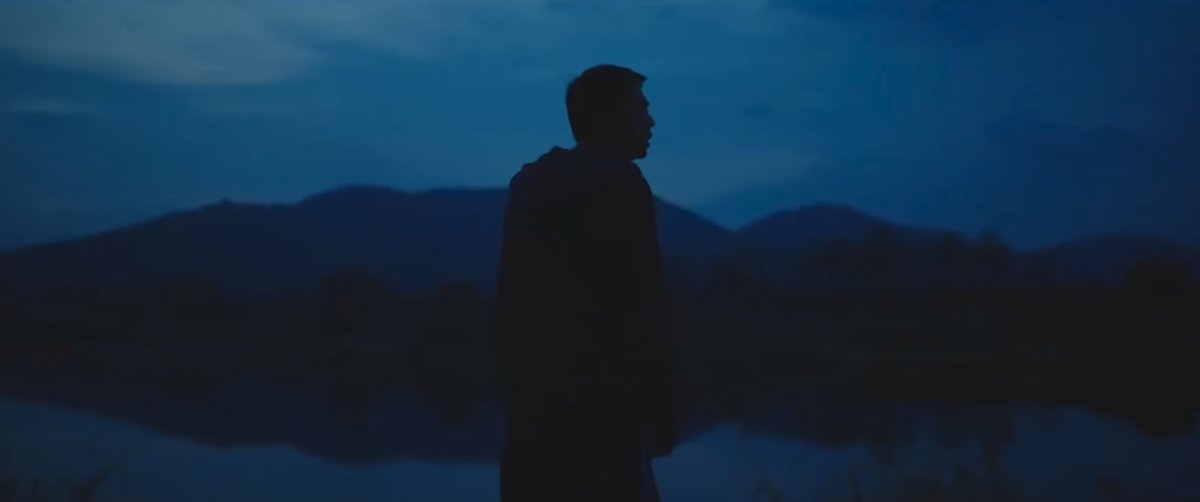
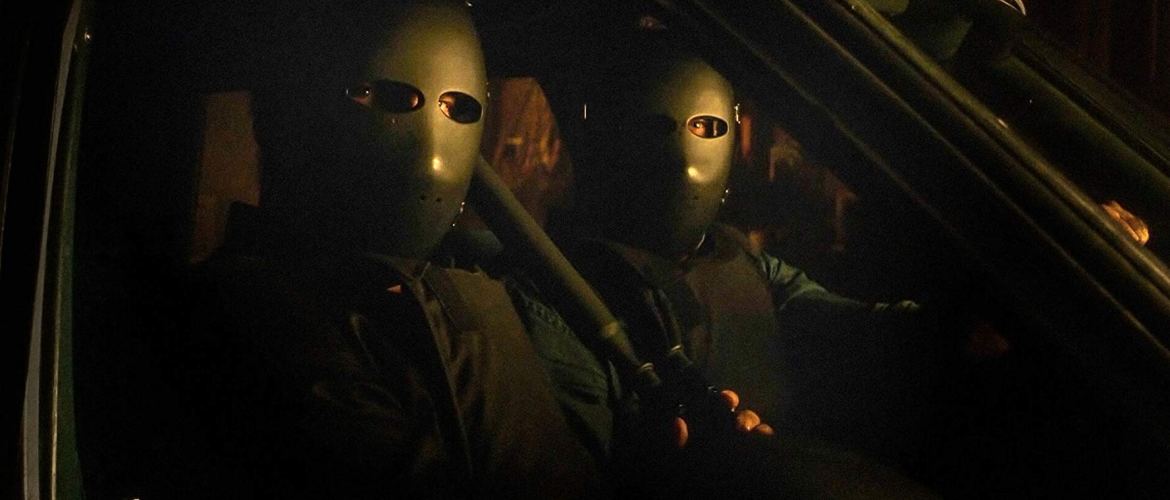
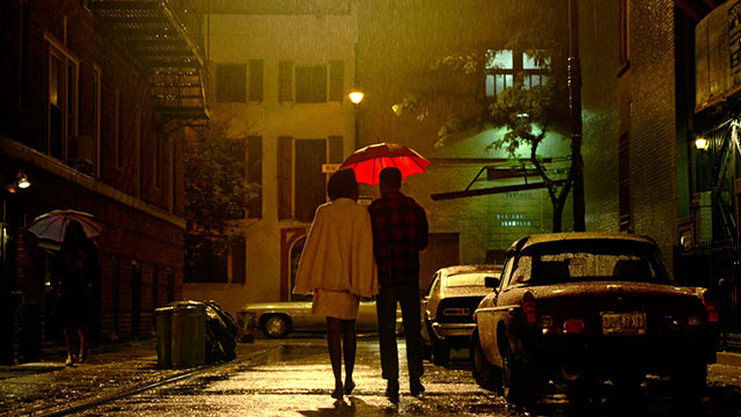
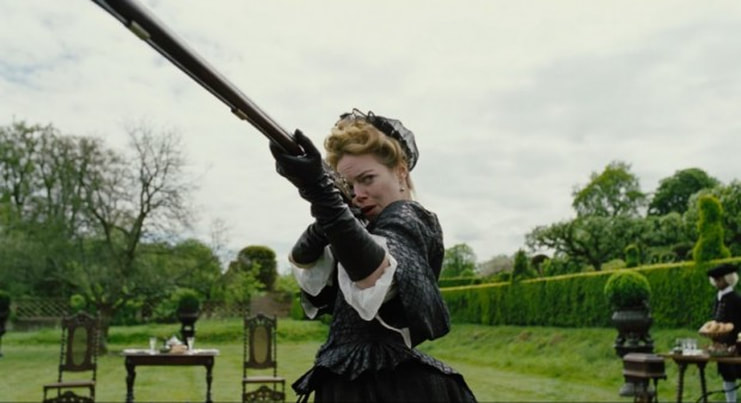
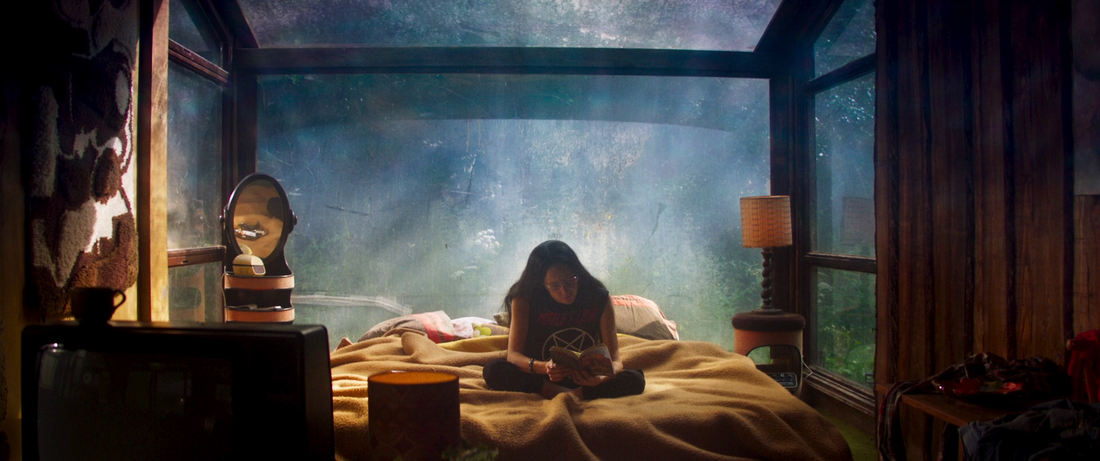
 RSS Feed
RSS Feed
